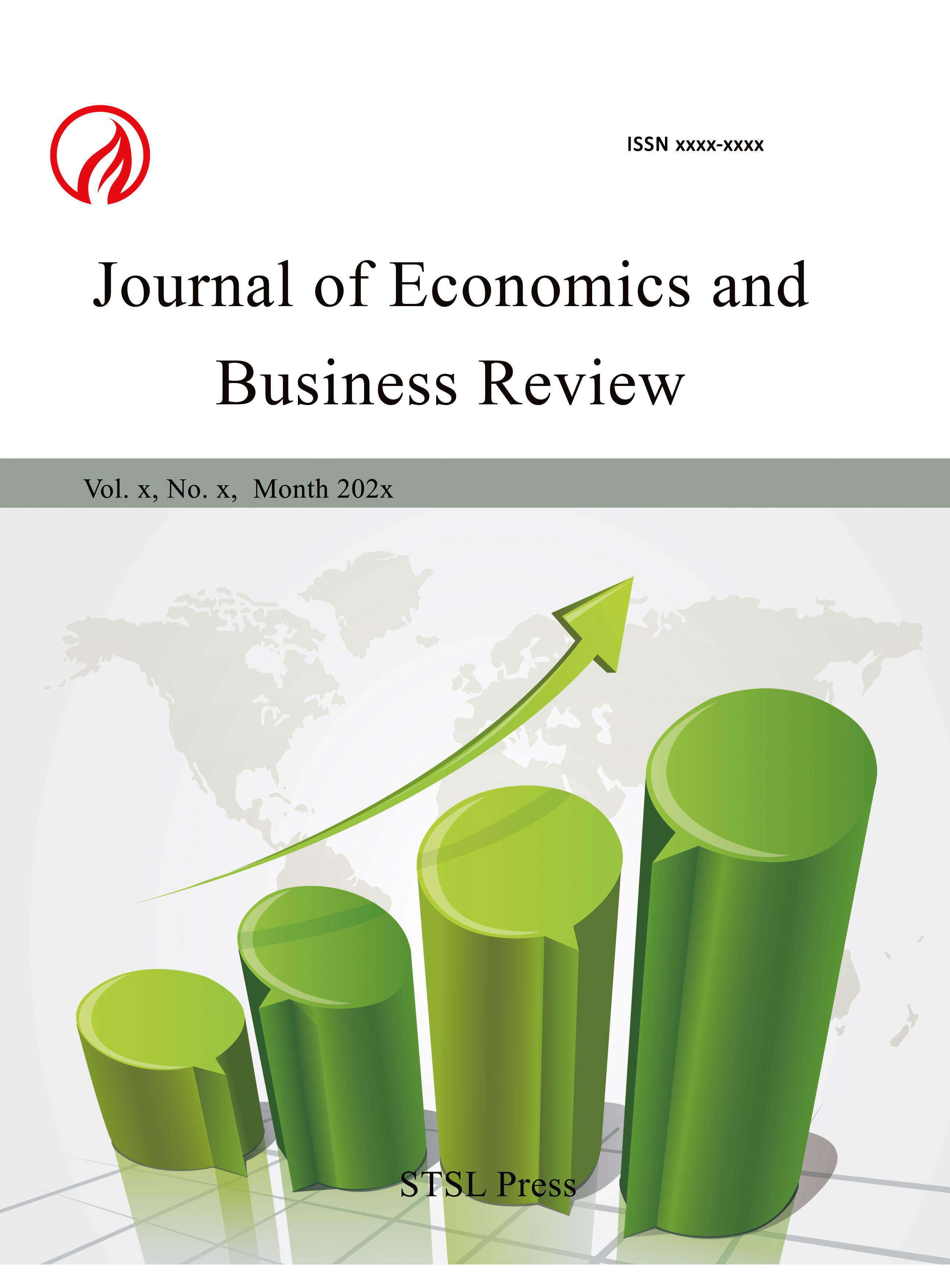Determining the Threshold Level of Tax Revenue That Affects the Debt-Growth Relationship. A Case of Ghana
Godwill Atta Boakye
Williams Abayaawien Atuilik
Abstract
This study examined the tax revenue threshold that influences the correlation between governmental debt and economic growth in Ghana. This study utilises time series data from 2002 to 2020 obtained from the World Bank and IMF, employing Hansen’s (2000) threshold autoregressive model to evaluate essential macroeconomic variables: GDP growth rate, tax income, public debt, and government expenditure. The results demonstrate that, in a low-tax-revenue environment (below 5.16%), tax revenue negatively impacts GDP growth, indicating inefficiencies in the allocation of tax funds. In a high tax revenue environment, this detrimental effect exacerbates, signifying that excessive taxation hinders economic progress. Public debt exerts a significantly negative effect on GDP growth in both tax revenue systems, with a more substantial impact observed in the low tax revenue system. Conversely, government expenditure exerts a favourable influence on GDP growth in both regimes, underscoring its importance in fostering economic advancement. The relationship between public debt and tax revenue has a moderating effect, whereby public debt amplifies the beneficial influence of tax income on growth when employed effectively. This study's policy implications underscore the necessity for Ghanaian policymakers to enhance fiscal efficiency, optimise tax revenue allocation, and prudently manage public debt to foster long-term economic growth.
Paper:
pdf
DOI:
https://doi.org/10.71002/jebr.v2n1p12
 This work is licensed under a
Creative Commons Attribution 4.0 License.
This work is licensed under a
Creative Commons Attribution 4.0 License.
Contact us
- Helen Rane
- jebr@stslpress.org
